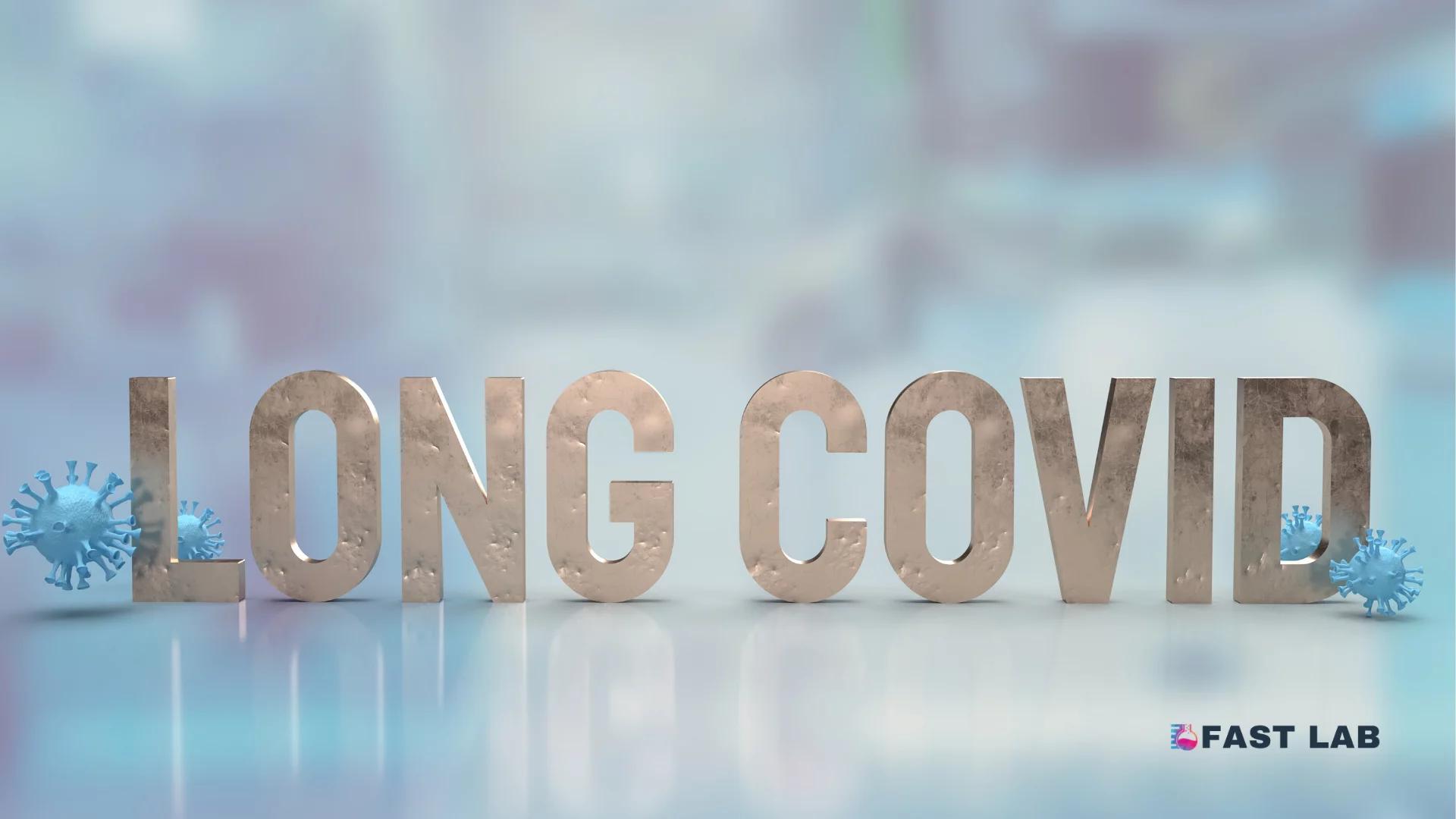
It’s been almost two years since the World Health Organization (WHO) declared the Covid-19 virus as a global health emergency.
With the emergence of more highly transmissible variants, local and world leaders continue to urge their citizens to get vaccinated in order to curb the spread of the virus. Health professionals say that submitting to the Covid-19 vaccines can also reduce the chances of getting ‘Long Covid’ for those who’ve been infected with the virus.
This article aims to provide a better understanding of Long Covid by explaining the symptoms, risk factors, and how to overcome them.
What is Long Covid?
This is the term applied to the condition suffered by those who continue to feel symptoms of Covid-19 long after their initial diagnosis. While some can feel a decline in symptoms in two weeks or less, this doesn’t guarantee the symptoms won’t return in the following days, weeks and even months.
This has become a growing problem for health professionals as they broaden their scope from the primary focus of saving lives. With all the uncertainty from recent studies not being able to find the root cause for Long Covid, some shrug it off as yet another post-traumatic stress disorder (PTSD).
The Penn State College of Medicine states the following in one of their recent studies: “More than half of the people diagnosed with Covid since December 2019 will experience post Covid like symptoms six months or longer from initial recovery.”
Those who claim to have Long Covid say that the recurring symptoms have made it difficult for them to revert to their daily routines.
Common symptoms of Long Covid
Individuals with Long Covid experience enduring mild to severe symptoms after their initial battle with Covid-19. They will suffer a combination of the following symptoms:
- Fever
- Headache
- Dry cough
- Short throat
- Shortness of breath
- Fatigue
- Loss of taste and smell
- Joint pain
- Trouble concentrating or ‘brain fog’
- Trouble sleeping
- Chest pain
- Mental health disorders
- Palpitations
- Hair loss
- Heart inflammation
If you have been previously infected with Covid and experience some of the symptoms shown above, don’t panic. Around 80% of people diagnosed with Covid still feel the symptoms even after testing negative multiple times.
*Note: Symptoms experienced by one patient may not be felt by another.
When should you seek medical help for recurring Long Covid symptoms?
On most occasions, people with long covid find the symptoms bearable. But if you experience the following, seek medical help immediately:
- Unexplained chest pain
- Chest pain combined with vomiting, nausea, or shortness of breath
- Depression or anxiety
Do the effects of Long Covid change if you get vaccinated?
Yes, vaccines do work! To protect your health, vaccination is your best ally to reduce the chance and severity of Long Covid symptoms.
Ms. Akiko Iwasaki, Ph.D., immunobiology professor at the Yale School of Medicine, states in one of her studies: “As many as 30-40% of people vaccinated have seen improvements to their symptoms.”
She adds: “I’ve heard from people who say they no longer have ‘brain fog,’ their gastrointestinal problems have gone away, or they stopped suffering from the shortness of breath they’ve been living with since being diagnosed with Covid-19.”
Recent studies also suggest that those who had Covid-19 and received the full dose of the vaccine have higher levels of antibodies that will protect their body from current and future variants.
Why do some people with Long Covid feel better after vaccination?
Physicians and researchers are only left to hypothesize on different causes but suggest the following:
- The vaccine could be helping the immune system fight off what’s left of the virus
- The vaccine could be stopping a harmful immune response
- The vaccine used didn’t have the desired effects
Are there factors that increase my risk of Long Covid?
Early studies from King’s College London led by Dr. Claire Steves and epidemiologist Tim Specter have shown that age, weight, gender, and an increased number of symptoms during infection can increase the risk of developing Long Covid.
The study found that older people, those who are overweight, females, and those who experienced more symptoms in the first week of infection were more at risk.
The following data were also obtained:
- The risk of getting Long Covid for people aged 18-49 was 10%. This number rose to 22% for individuals older than 70.
- Individuals with a higher body mass index (BMI) were more likely to experience Long Covid.
- Women are 5% more likely to get Long Covid in younger age groups compared to men.
*Note: People with asthma have been linked to an increased risk of Long Covid, but there were no clear links to any other underlying health conditions.
The timetable of recovery from Long Covid
Studies to determine the duration of Covid-like symptoms to fully cease have yet to be determined. It has been difficult because the effects of every patient differ, and not enough time has elapsed since the start of the pandemic.
A study from Italy claimed that 87% showed at least one symptom related to Covid-19 after 60 days – with fatigue and shortness of breath being the most commonly reported complaints.
To help guide you on your recovery from Long Covid, the National Health Service (NHS) has provided a free Covid recovery manual that uses the 3 P’s principle – pace, plan, and prioritize – that will help conserve energy in performing daily activities.
Other home remedies you can also use are:
- Get 7-9 hours of sleep every day
- Drink plenty of water
- Gradually increase your amount of exercise
- Have a balanced diet of lean meats, anti-inflammatory foods, and fresh fruits
- Avoid greasy and processed foods
- Stop smoking
- Avoid alcoholic drinks
- Keep yourself busy
- Perform breathing exercises
- Communicate with professionals, close friends, and family
Summary
Long Covid is very common for those infected with the virus. If you continue to experience recurring symptoms for weeks or months after your initial recovery, don’t lose hope. The effects can last for several months and the severity will vary on a case-to-case basis.
What you can do for now is to live a healthier lifestyle by drinking plenty of water, getting enough sleep, keeping yourself active, and being sure to stay in touch with your physician.
To know more about the latest news and updates of Covid around the world, you may visit the official website of the World Health Organization.






